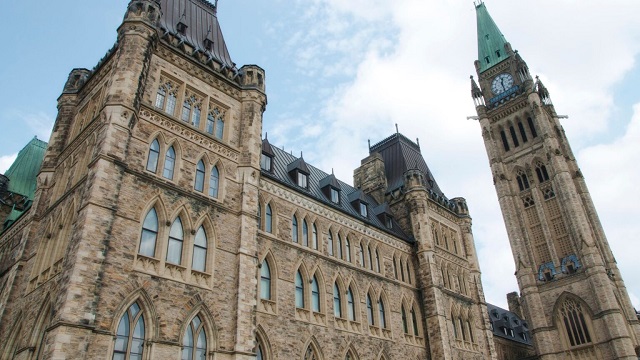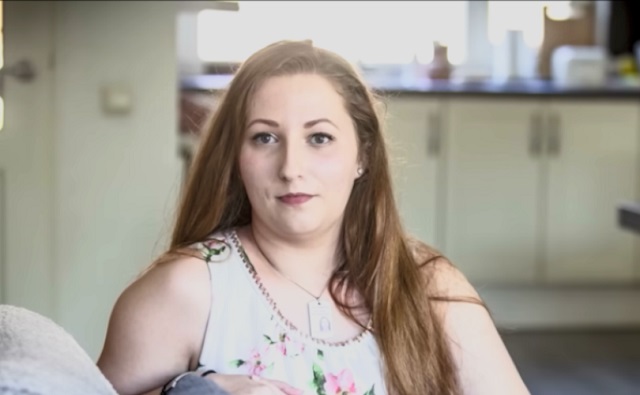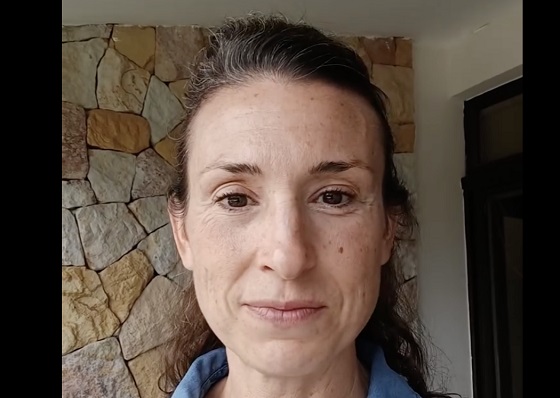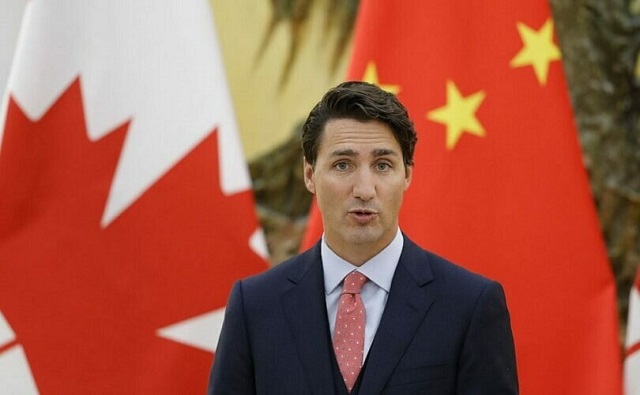Local Sports
Another Tough Outing For Rebels On The Road

By Sheldon Spackman
It was another tough outing for the Red Deer Rebels in Kennewick, Washington Wednesday night. They lost their second game of this current five-game western road trip 8-4 to the Tri-City Americans. That’s six straight games now without a win for the Rebels.
The first period was the killer for Red Deer, allowing four goals against after twenty minutes of play and not scoring any themselves. The Americans goals were scored by Morgan Geekie, which resulted in a quick goalie change for Red Deer. Starter Lasse Petersen was out and Riley Lamb went in after just 1:17 of play. The other Americans goals in the first period came from Juuso Valimaki, a short-handed one from Brett Leason and Jordan Topping on the power play.
Just 2:23 into the second period, Brett Leason scored his second of the night for Tri-City, which would later prove to be the eventual game winner to put the home team up 5-0. The game also continued to be a snarly affair, which actually started in the first period with multiple fighting majors and game misconducts. Tri-City then went up 6-0 when Dylan Coghlan scored to make any Rebel’s comeback even more difficult. Red Deer didn’t give up though as they went on to score four unanswered goal of their own at that point. The first one coming from Brandon Hagel who scored on the power play at the 14:52 mark to get the Rebels on the board. Over three minutes later, Akash Bains followed that up with a goal of his own to make it 6-2 Tri-City after forty minutes.
In the third period, the Rebels pressed on with goals from Jared Freadrich on the power play and Matthew Campese to make it 6-4 Americans with just over 13 minutes left to play. However, it would not be enough as Parker Aucoin scored for Tri-City at 12:37 to put the home team up 7-4. Another Americans goal came with 2:06 left to play when Nolan Yaremko scored a short-handed effort to end the game in an 8-4 final in favour of Tri-City.
The Americans win improves their record to 33-23-3-0 with 69 points and third place in the WHL’s US Division. Red Deer drops to 23-26-6-3 with 55 points and third place in the Central Division.
The Rebels next game is Friday, February 17th in Portland against the Winter Hawks. It’s an 8:00 pm face-off MST.
Community
The Raptors (Ridgefield Raptors that is) are coming to Edmonton next summer
At first word that the Raptors will be spending a few days in Edmonton next summer, sports fans might be excused for jumping up and down at the thought of a high-profile NBA event.
But the Raptors under discussion play another game — baseball — and they’re based not in Toronto but in Ridgefield, Wash., a small centre near the Washington-Oregon border which claims fewer than 10,000 residents in its Wikipedia profile. Edmonton — officially labeled the Riverhawks — is now a partner in the West Coast League, which develops college players and has seen several top prospects selected in recent Major League Baseball drafts.
Also joining this week are teams based in Kamloops and Nanaimo, bringing the British Columbia contingent to four teams. Victoria and Kelowna were already members of what now is a 15-team organization.
Teams currently occupy Yakima, Wenatchee, Walla Walla and Port Angeles in Washington, as well as Bend, Corvallis and other communities in Oregon.
The city of Edmonton confirmed months ago that the Edmonton Prospects of the Western Canadian Baseball League would not be returning to Re/Max Field. Several years of association with Pat Cassidy and the Prospects had led to difficult feelings on both sides.
The Prospects are developing a new facility in Stony Plain. It will be ready for competition in 2022. Cassidy has said his team will find another place to play in 2021. All comments on next year and beyond are based, of course, on the progress of local, provincial and national fights against COVID.
Randy Gregg, the former Edmonton Oilers defenceman who led the new group’s campaign to function in Re/Max Field, unveiled his new organization at a well-attended news conference and said several options concerning the WCBL were considered but “there were continuing roadblocks.”
During months of negotiation, Gregg and his supporters did not communicate with the public. Neither did city council. “When you sign a non-disclosure agreement, you have to abide by it. Your signature has to mean something,” he said.
Gregg insisted the Riverhawks organization has no ill feelings about the WCBL. “It might have worked well,” he said. A few casual remarks were made about the potential value to this entire region if both the WCBL and the WCL are profitable.
The Edmonton approach includes sharing in travel costs for existing West Coast League teams. Similar situations made it difficult for a pair of so-called “independent” teams to operate in the years after the Edmonton Trappers were sold and Edmonton had no significant baseball.
Gregg is convinced the new load of travel costs will not be insurmountable. The Riverhawks are a collection of 28 contributors. He also pointed out that at least a couple of Edmonton’s new partners are owned or controlled by owners with major-league connections.’
“We’ve got a big job ahead of us,” he said. “We know that a lot of baseball fans have never seen a game at Re/Max Field.”
As things were unfolding between the Prospects and city officials, there were regular suggestions that no lease would have been granted for the WCBL in 2021. “Can you imagine what it would feel like to have no baseball for maybe three or four years in this great sports city?”
Last week our nation ran into a spree of high-profile miracles
Edmonton
Hockey, basketball and volleyball gone from the U of A’s fall and winter to-do lists

At almost any time in memory, Wednesday’s decision to remove hockey, basketball and volleyball from the University of Alberta’s fall and winter to-do lists would be considered a major surprise.
This year, I suspect fans and athletes should have been at least partially prepared for it. Blame the pandemic. That’s easy.
Explain that sponsorship money has dried up and every available penny must be saved to keep professors employed and students involved. That’s easy, too. Some are sure to suggest that there are deep political motives in this move to move beyond the Bears and Pandas for one year. Maybe. Maybe not. Rightly or wrongly, political movements are seen in every action these days.
If additional explanations are required, Alberta’s UCP government is sure to be singled out as cause number three; they inherited an entity in severe financial difficulty, ensuring that some budget cuts would be made as soon as possible after the NDP lost political control of the province.
This, of course, occurred well before the coronavirus crisis created overwhelming proof that sport, certainly in Canada, is something of an after-thought at all levels of society. As this is written, every professional sport is being exposed on a daily basis as a means for millionaires and billionaires to fatten their bankrolls. If timely political statements are necessary, fine; they’ll be made, but no rational soul would dare to suggest that sport has actual relevance in this time of incoherent arguments and twisted responses.
In one old scribbler’s opinion, good news ultimately will develop, almost as a result of the disappearance of the Bears and Pandas for at least one season. A move so dramatic at a level so vital is sure to create deep thought.
Which is where university sport fits in the puzzle. These organizations are the home of undoubted brilliance. In many ways, they create the model for all amateurs and low-profile professionals to follow. One day, perhaps soon, this world-wide rash of social, physical and emotional misery will be behind us. Then, cohorts of tough and committed leaders across the entire spectrum of athletics will have to step up. They will be obligated to contribute time and effort in a search for the best possible ways to ensure excellence in scholastics, citizenship and competition.
Now, looking back for even a few years, it’s essential to remember that amateur sports were being painfully slammed by financial necessities before COVID-19’s destructive arrival.
Athletic directors at U of A and MacEwan University have spoken of rising costs in tones that sometimes sounded almost desperate. I’m sure the same applies to the University of Calgary.
Similar words have been heard commonly in discussion with coaches and athletic directors at Alberta colleges. NAIT and Concordia leaders know the topic extremely well. So do alumni members working to keep hockey alive in the storied atmosphere of Camrose’s Augustana campus of the U of A.
In a lifetime of hearing old adages, one has stuck out since childhood:
“It’s Always Darkest Before the Dawn.”
This corner hopes the dawn comes quickly.
-

 Frontier Centre for Public Policy1 day ago
Frontier Centre for Public Policy1 day agoThe tale of two teachers
-

 Alberta20 hours ago
Alberta20 hours agoAlberta moves to protect Edmonton park from Trudeau government’s ‘diversity’ plan
-

 Freedom Convoy18 hours ago
Freedom Convoy18 hours agoOttawa spent “excessive” $2.2 million fighting Emergencies Act challenge
-

 COVID-1915 hours ago
COVID-1915 hours agoWHO Official Admits the Truth About Passports
-

 COVID-192 days ago
COVID-192 days agoJapanese study finds ‘significant increases’ in cancer deaths after third mRNA COVID doses
-

 Alberta11 hours ago
Alberta11 hours agoProvince to stop municipalities overcharging on utility bills
-

 Brownstone Institute2 days ago
Brownstone Institute2 days agoPfizer Lied to Us Again
-

 Brownstone Institute2 days ago
Brownstone Institute2 days agoDid Lockdowns Set a Global Revolt in Motion?








